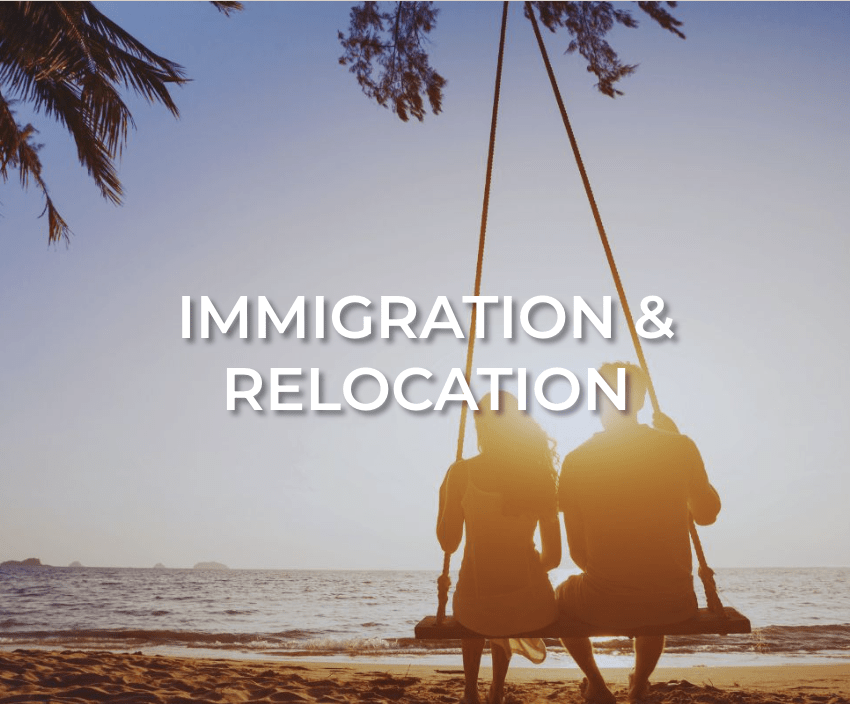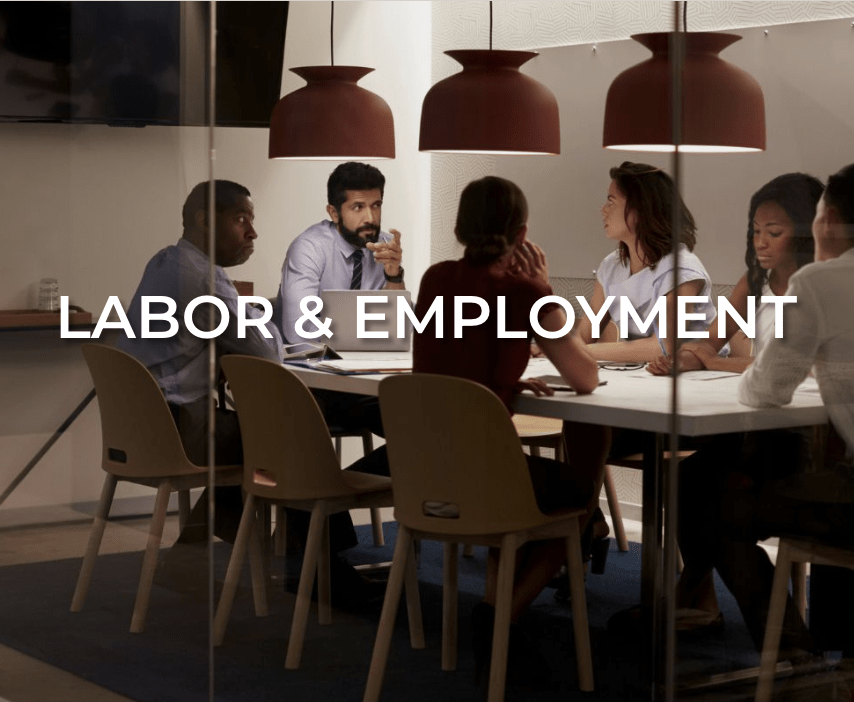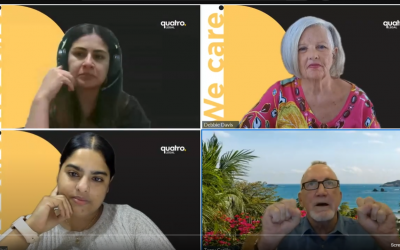

by Quatro Legal Real Estate Team | Nov 12, 2025 | Article, Financial Solutions

If you’re a foreigner dreaming of owning real estate in Costa Rica, one of the first questions that often arises is whether it’s possible to get real estate finance to purchase rather than pay entirely in cash. The short answer is yes, foreigners, especially United States and Canadian Citizens and residents can obtain real estate financing in Costa Rica. Through Quatro Legal’s Private Lending Program foreign can now choose between several financing options to purchase property in Costa Rica.
Traditionally, Costa Rica has been considered a “cash market” when it comes to property transactions, especially for foreign buyers who can get financing. Many investors and retirees prefer to pay upfront because it simplifies the process, reduces hurdles, and eliminates the interest rates, but more importantly, because maybe they don’t know how to obtain real estate financing in Costa Rica. Still, for those who prefer to leverage their capital or maintain liquidity, exploring financing options can make perfect sense. It all depends on your plans, financial strategy, risk tolerance, and knowing who to reach to navigate Costa Rican financing options for foreigners.
If you’re planning to live or spend extended time in Costa Rica, having residency or local ties can strengthen your financing application. Financing your Costa Rican real estate purchase also makes sense if the property you’re buying generates rental income that can cover or at least offset loan payments. Similarly, investors who are comfortable with higher borrowing costs or who simply wish to diversify their capital, may find that obtaining a mortgage or alternative financing in Costa Rica aligns with their overall investment goals.
So, how does obtaining financing in Costa Rica to purchase a property actually work for foreigners? Let’s walk through the process step-by-step and discuss what to expect.
Financing eligibility. The first step is to assess your eligibility. Your residency status plays a key role here. Foreigners who have legal residency (known locally as DIMEX holders) generally have more financing options with local banks than non-residents as they will be treated similar to Costa Rican borrowers. Non-residents, specially citizens from the United States and Canada, can still obtain bank loans, but the process may involve documentation requirements from their home countries and higher down payments when compared to Costa Rican citizens or residents. Regardless, you’ll need to disclose your financial profile, credit score, including proof of income, tax returns, bank statements, and identification such as your passport. For those who may not qualify for bank financing, the market offers private lending, US Style mortgage programs and equity loans.
Budgeting. Next comes budgeting. Beyond the property’s purchase price, foreigners financing in Costa Rica need to account for the down payment, interest rate, loan term, closing costs, insurance, and property taxes. Interest rates in Costa Rica may be higher than what you might find in North America or Europe, so make sure to factor that into your calculations as each financing option will carry its set of rules. Most banks require a down payment of at least 20–30% for foreigners, private lenders will commonly have different rates from 10% an up and US Style mortgages will be competitive with local banks’ interest rates.
Property selection. Once your budget is set, you can move on to property selection. This stage requires careful attention to location, property type, and legal status. Always ensure that the title is clean, there are no liens, and the property boundaries and zoning align with your intended use as all of these conditions will be key to get real estate financing in Costa Rica. Hiring a reputable bilingual real estate attorney in Costa Rica, such as the professionals at Quatro Legal, is highly recommended. Your lawyer will verify ownership, review the purchase contract, and ensure that the transaction complies with all local laws and hold your hand through the financing process to purchase your land.
After you’ve chosen your property, you can begin searching for a lender or financing program. Costa Rica offers several financing routes for foreigners: traditional bank mortgages and trusts, private lending, seller financing, or even US Style mortgages found with vendors locally.
Paperwork amd timelines. If you decide to apply for a loan in Costa Rica, be prepared for a detailed underwriting process. Banks will typically require an appraisal of the property, a title study, and documentation proving your financial stability, such as income certifications, tax returns, debt information, etc. They may also ask for life or property insurance as a loan condition. In Costa Rica, banks generally require the purchased property itself to serve as collateral; foreign properties cannot be used as security. Processing times can be four to eight weeks but with the right guidance, it can become a more efficient process.
Loan closing. Once your loan is approved, you’ll move toward closing. At this stage, you’ll pay the down payment, sign the necessary legal, mortgage and trust documents, and complete the registration of the property and lien. The lender will disburse funds directly to the seller or through an escrow account. Be mindful of closing costs, which often add up to 3% or 4% more of the loan amount. These cover legal fees, registration, taxes, and administrative expenses.
Payments. After closing, you’ll begin making your scheduled payments, usually monthly, though terms can vary. If your loan is through a private lender or via seller financing, you may have shorter repayment periods or balloon payments, so make sure you fully understand the terms before signing.
Seller financing. Traditional mortgages or trusts can be difficult for foreigners to secure a financing in Costa Rica, many buyers explore alternative financing methods. Seller financing, also known as owner financing, is one popular option. In this arrangement, the seller essentially becomes the lender, allowing the buyer to make payments directly over an agreed period. This approach typically involves fewer formalities and can be faster to close, though interest rates are often higher and repayment periods shorter.
Private lending. Private lenders and underwriting entities —both local and international—also serve the foreign real estate market in Costa Rica to finance property purchases. These lenders tend to move faster than banks and may offer flexibility.
Why would a foreign buyer choose to finance the purchase of the property in Costa Rica rather than pay cash? The advantages are numerous. Financing in Costa Rica allows you to leverage your capital, using borrowed funds to acquire property while keeping your cash reserves available for other investments or emergencies. It can also enable you to buy sooner, without waiting to accumulate the full purchase price. Maintaining liquidity is another significant benefit, especially for investors managing multiple assets. Depending on your home country’s tax laws, interest paid on an investment property loan might even be deductible, though it’s wise to consult a tax professional before making assumptions.
Pre-approval. Having pre-approved financing can also strengthen your negotiating position. Having firm pre-approval or proof of financing demonstrates seriousness to sellers, which may help you secure better purchase terms. And for investors diversifying across markets, financing reduces concentration risk, allowing you to spread your funds over several properties or ventures.
Ultimately, financing real estate in Costa Rica as a foreigner, specially if you are a United States and Canadian Citizen, is entirely possible; it just requires professional guidance. The process is complex but but with the right strategy and legal support, it can be a smart way to invest in one of the most beautiful and stable markets in Latin America.
If you’re considering buying property in Costa Rica and want to explore your financing options to purchase real estate, the team at Quatro Legal can guide you through every step of the process. From identifying the right financing structure and program to connecting you and advising you with trusted lenders and ensuring that your transaction is safe, compliant, and financially sound, we’re here to help.
You can complete our Quatro Legal – Financial Solutions Intake Form, which helps our team collect the key details needed to evaluate your profile and connect you with the ideal financing program.
Our legal team specializes in assisting foreign investors through every stage of the process — from bank procedures and compliance to mortgage registration — ensuring your financing is handled efficiently and securely.
If you want to explore financing options in Costa Rica, contact us at financialsolutions@quatro.legal
Get a free consultation ![]()
Disclaimer: The information provided in this blog post is for general informational purposes only and is not intended to constitute legal advice. While we strive to ensure the accuracy and timeliness of the content, laws and regulations are subject to change. For the most accurate and up-to-date information, please contact our office directly. Some images may be AI generated.
Get To Know Quatro Legal

We’re bringing empathy and excellence back to legal counseling. Quatro Legal is built on a bedrock of kindness, a passion for service, and a commitment to guiding you through your legal challenges with ease.
OUR SERVICES
EXPLORE BY
category
REAL
ESTATE
CORPORATE
COSTA RICA
LIFESTYLE
LABOR & EMPLOYMENT
CLIENT
TESTIMONIALS
FREE TRADE
REGIME
Designed & Developed by Untethered Media
All Rights Reserved 2023 | Privacy










